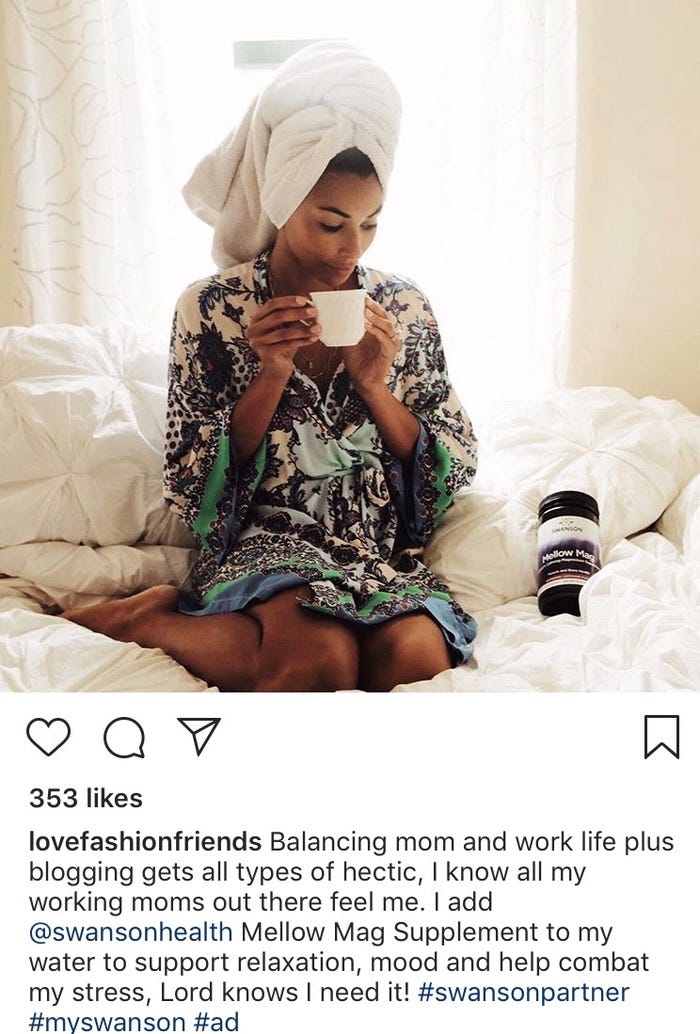Marketing beauty products to the influential millennial
Beauty brands can connect with Millennials by properly using social media, telling an authentic story and making it personal.

Millennials are one of the key consumer groups brands want to target. The United States alone has approximately 70 million Millennials, whose buying power is worth around US$200 billion, according to the U.S. Census Bureau. Millennials are trendsetters, shaping the way other consumers digitally engage with brands. Purchasing most of their products online, Millennials are influencing the growth of nontraditional channels to gain information and goods.
Millennials are independent thinkers and are attracted to products that enhance their fluid lifestyles. Ninety-five percent of Millennials follow brands on social media, according to MarketingSherpa, and 87% consider their looks important, according to Coresight Research.
Digital technology is focusing the mind of the Millennial on their well-being. Selfies and the glossy lifestyle of health bloggers are increasingly influencing younger consumers. This constant focus on image is encouraging them to use social media to find out more about products and beauty experiences. To be successful at this stage, brands must establish a rapport and use digital marketing to differentiate their products from their competitors’.

Swanson Health used influencer marketing for its MellowMag product to highlight natural relaxation, self-care and inner beauty.
With such a competitive marketplace and savvy consumers, brands should consider the following tips when marketing their beauty brands to Millennials:
Target the source
Brands must engage with Millennials directly where they hang out. Snapchat and Instagram are the most popular platforms for Millennials, and devising campaigns that capture their attention is crucial. Brands must understand their demographic’s digital habits and the best techniques to capitalize on their purchasing power. Video effectively educates Millennials about product formulation so they can search for the ingredient(s) by name.
Bobbi Brown uses videos to target Millennials on Instagram, with its professional makeup artists giving beauty and product advice. Bobbi Brown herself provides a behind-the-scenes glimpse into the brand through her social media profiles.
The power of storytelling
Millennials don’t want to simply be sold to, and research has demonstrated that only 1% of Millennials would find a compelling advertisement more likely to help them trust a brand, according to a survey conducted by HRC Retail Advisory. Storytelling is powerful, and brands can use this tactic to share why an ingredient or product can help. User-generated content motivates Millennials, and helps consumers understand how products can be adapted to meet specific needs.
Perfume company Jo Malone understands the power of storytelling, and it uses this technique to educate its customers. The brand recently created an A-Z of Britishness video series, spotlighting what’s iconic about the U.K. and the company, demonstrating how content can entertain and educate followers.
Transparency
This is key to customer retention, and brands should use social media to honestly engage with their followers. Brands could host Q&A sessions with their customers or produce short videos to provide further information about ingredients and the manufacturing process.
Compliant customer testimonials are key to online retail, and brands like Sephora use this as the cornerstone of their websites. Alongside comments and a user product-rating system, the beauty store has an online community where users can interact with customer reviews and pick up tips on product pairings.
Keep it short and sweet
Millennials have short attention spans, so brands must create simple, bite-sized content to grab their attention. For beauty brands, the use of videos, GIFs, infographics and images can capitalize on user habits of sharing content that is informative and entertaining. Short, sharable updates can increase a brand’s reach amongst its target market.
Cult brand Glossier uses short social media updates to generate buzz around its products, particularly by creating videos for Instagram to give application tips and links to purchase the items on the platform.
Personalization
This helps brands create an intimate connection with a customer. With product promotion, brands should show how the unique formulation solves a problem, making a positive difference to the individual consumer and creating a call to action. By using authentic customer feedback and digital techniques, brands can intimately personalize the experience, making it more likely for Millennials to share their positive experience.
Brands like The Lip Lab target their personalized lip shades at Millennials who want to purchase a piece of affordable luxury that they can truly call their own. And more established brands like YSL offer personalized packaging options.
User-generated content
By embracing and sharing content produced by followers, brands can demonstrate how their products will help improve the life of their target customer. Millennials respond well to content produced by like-minded individuals, making them more likely to share with their friends.
The Beauty Bay focuses on Millennial consumers, and its use of user-generated content is key to its success. Sharing pictures from happy customers cross-platform, the beauty website promotes new and exclusive products, as well as providing tips, tricks and trends for its customers.
Social media influencers
Popular Instagrammers and YouTubers speak directly to Millennials, creating an authentic connection for beauty manufacturers to use in their marketing strategy. Creative content and an endorsement from a social influencer is a highly lucrative agreement that can reap rewards for both parties.
Benefit works with social media influencers to demonstrate its skin care and makeup in action and provides application tips.
As brands seek to capture Millennials, it is crucial that they use digital media to capitalize the attention of an audience that continues to elude advertisers. It’s important that a story is at the heart of their marketing strategy, appealing to Millennials who appreciate customized content focused on the way to achieve their personal care goals.
Shareable content promoted by digital influencers is a successful way to empower Millennials and is a crucial step to creating brand loyalty and customer retention.
Technology should be used to grow a powerful base of brand-loyal consumers, providing a direct channel to better understand their needs and preferences and create personalized, multiplatform communication. Beauty brands must not be afraid to try innovative marketing techniques in their quest to attract the most lucrative customer of all—the one who will deliver the greatest loyalty and lifetime value.
Lindsey Carnett ([email protected]) is CEO and president of Marketing Maven, an Inc. 5000 ranked integrated marketing firm recognized nationally in the beauty and health care categories by third-party ranking company O’Dwyer’s PR. She specializes in PR, social media marketing, influencer marketing and reputation management. Lindsey is a 2017 PR News Top Woman in PR, FOLIO Magazine 2015 Top Women in Media Honoree and is noted for helping to launch consumer brands with substantiated ingredients.
About the Author
You May Also Like

